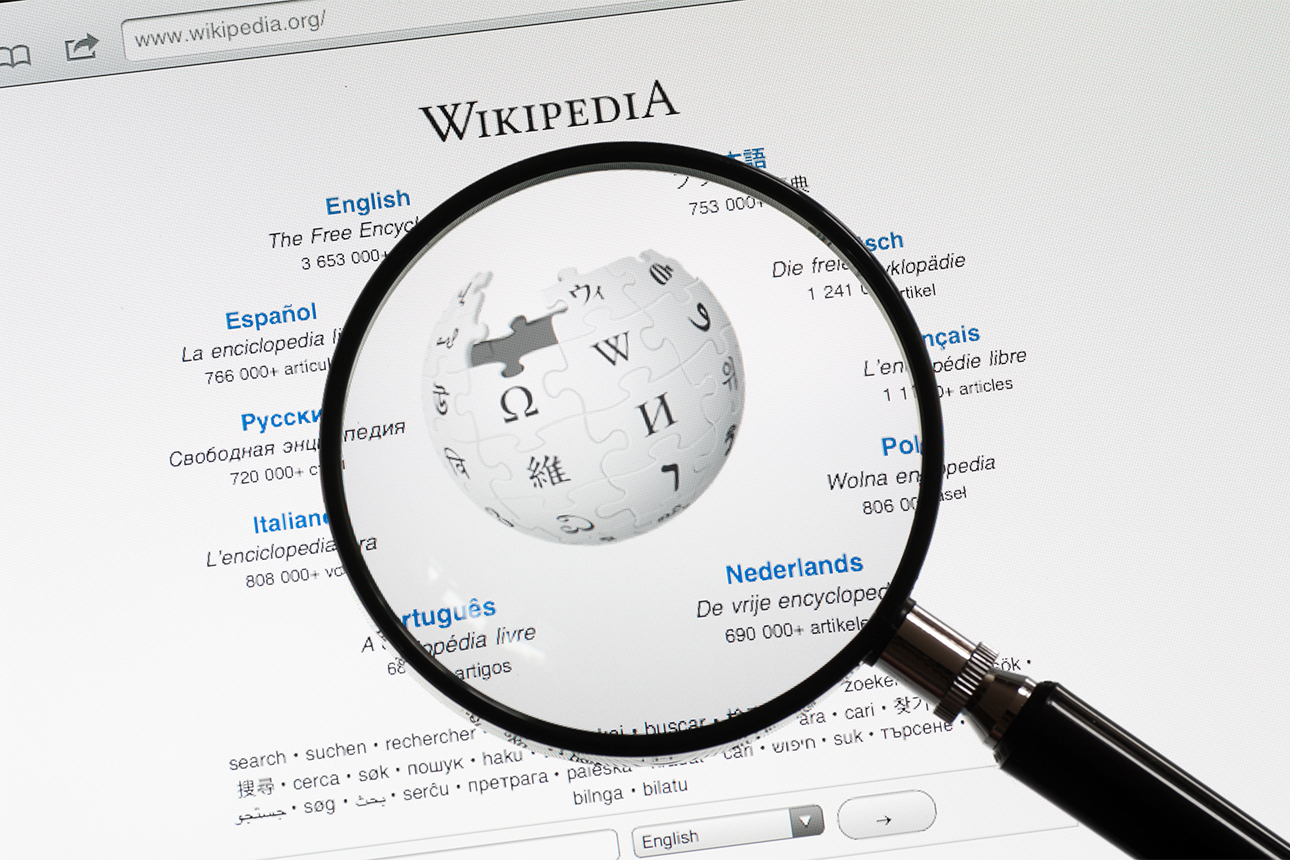The Unconventional Innovator Who Created Wikipedia
A series of detours and reversals, and an openness to unconventional thinking, culminated in Jimmy Wales’s best-known invention.

iStock.com/zmeel
Amid the COVID-19 pandemic, millions of homebound schoolchildren and university students have benefited from a valuable resource that most take for granted. Today, anyone with a desktop or mobile device can instantly utilize — for free — an easily searchable database that grants them “access to the sum of human knowledge” in over 300 languages. That resource is Wikipedia.
As we approach the 20th anniversary of its launch on Jan. 15, 2001, it’s worth recalling that before Wikipedia, many people had limited (if any) access to the knowledge provided by publishers such as Encyclopaedia Britannica. Even in industrialized nations such as the United States, the cost of an encyclopedia set was prohibitive for many lower-income families. The final 32-volume print edition of Encyclopaedia Britannica — which weighed 129 pounds (58.5 kilograms) — cost nearly $1,400.1
Get Updates on Innovative Strategy
The latest insights on strategy and execution in the workplace, delivered to your inbox once a month.
Please enter a valid email address
Thank you for signing up
With the benefit of hindsight, it may seem inevitable that someone, at some point, would have invented a platform like Wikipedia. But in truth, the creation of this online marvel was not predestined. Its creation required the determined efforts of an unconventional, original thinker: Jimmy Wales.
The digital advances of the past two decades have enabled a much broader population than ever before to express creative intelligence.2 Unconventional thinkers the world over have unprecedented access to distributed knowledge, talent, capital, and consumers. Yet, breakthrough solutions remain hard to come by. Here’s an outline of the counterintuitive steps that Wales took to create Wikipedia.
Looking with fresh eyes. To come up with original ideas, you must pay attention in new ways, which means focusing closely on a certain context or population to understand its dynamics and latent needs. Wales was not a computer scientist or technology specialist, though he did learn to code. As an undergraduate and graduate student, he studied finance but spent his spare time using his computer to focus on his real passions. Through his involvement with user-generated content, two developments really caught his attention.
First, the possibilities of mass participation: While playing the first generation of online fantasy games — such as Zork and Myst — Wales saw the power of computer networks to fuel large-scale, collaborative projects. Second, he saw the possibilities of idea exchange within communities. As email usage grew, Wales became a frequent contributor to early online discussion forums.
References
1. E. Peralta, “After 244 Years in Print, Encyclopaedia Brittanica Goes All-Digital,” NPR, March 13, 2012, www.npr.org.
2. A. Meige and J.P.M. Schmitt, “Innovation Intelligence: Commoditization. Digitalization. Acceleration. Major Pressure on Innovation Drivers.” (Absans Publishing, 2015).
3. M. Anderson, P. Hitlin, and M. Atkinson, “Wikipedia at 15: Millions of Readers in Scores of Languages,” Pew Research Center, Jan. 14, 2016, www.pewresearch.org.

Comment (1)
Tathagat Varma